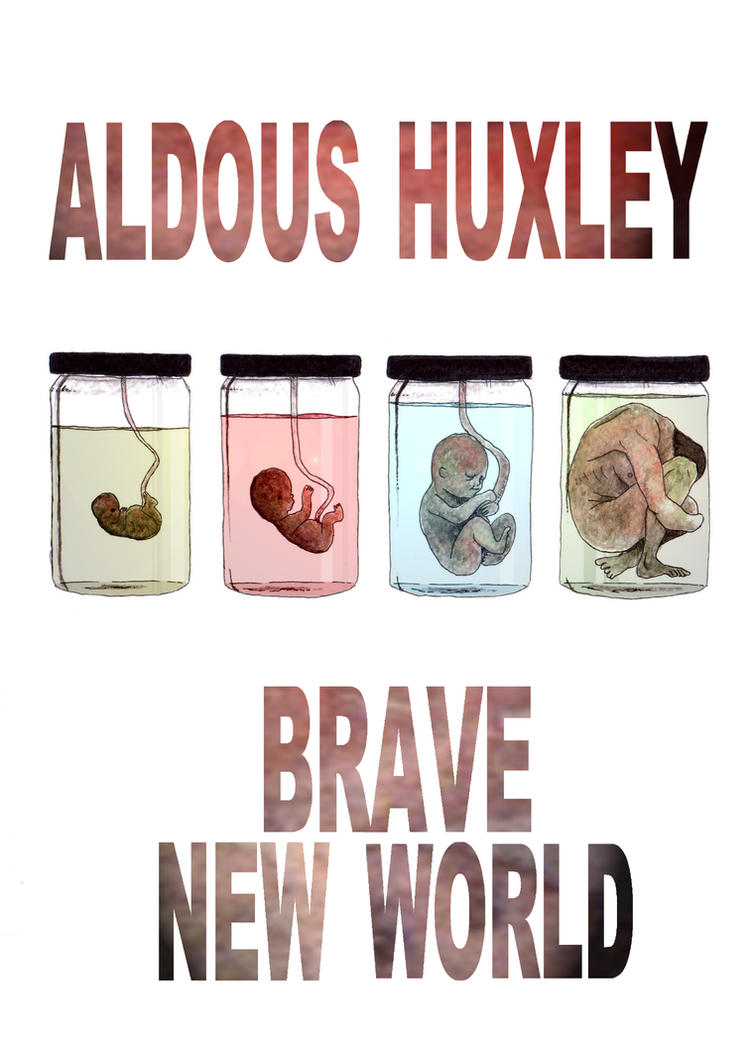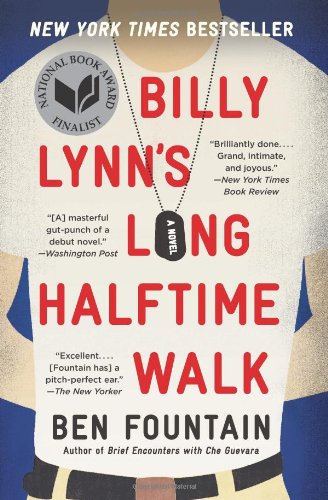Allegiant was my least favorite read, though it wasn't exactly awful. This trilogy (the movie of the first novel is in theaters now) started off strong, but ultimately got a little haphazard. The second novel involved people running around frantically, and the third novel seemed so rushed, I wondered if the publisher demanded it be released before it was polished. No, "polished" is not quite the right word. Before it even made much sense. It was a jumble. I expect the movies are going to fix this problem, because they're going to have the time and a panel of storyboard experts to do that.
Brave New World was much more interesting and enjoyable than I expected it would be, but ultimately I disagree with Huxley's premise. He was worried about the wrong things. As a polemic, it doesn't really work, but as an entertaining read and a slice of history (what were intellectuals of 1932 fretting about?) it works just fine. The audiobook version by Michael York I highly recommend.
Nine Inches is a slightly discomfiting dissection of suburban America. This is what Tom Perrotta does: he peeks over our fences, observes us minutely, and reports back what he finds. It's not pretty. I winced a lot reading these stories, but several of them actually changed how I think and how I behave. Even within my marriage. Perrotta may make us squirm, but he's also good at evoking empathy. (And self examination.)
All the Truth That's in Me is the most interesting, unusual YA novel I've read in a long time. It's set in Colonial America, and follows the story of a teenager who's been held captive for two years in a situation that reminded me of Emma Donoghue's Room. The story picks up after she has rejoined her community, but what she survived has rendered her a mute outcast. With a number of secrets. As is always the case with YA (isn't it?) a sweet romance underpins the story. I felt slightly disappointed with how conventional (relative to the beginning) the story became by the end, but that is the form, I suppose I can't fault it for that. It's not Emma Donoghue, but it's good.
Finally, the pièce de résistance: Billy Lynn's Long Halftime Walk. This novel, published in 2012, is one of the first major fictional works to be written about the Iraq war. Perhaps we've been too knee-deep, too stunned, to be able to talk about this particular debacle until now. Army PFC Billy Lynn is 19 years old, a member of the now-famous "Bravo Squad," and is home between tours. He's a kid, just a grunt, but a heroic one—as so many grunts are. Euripides observed thousands of years ago that the mythical hero is an "ordinary man in extraordinary circumstances," and that is Billy. He and his squad found themselves in a firefight that happened to be captured by a news crew, and now they're national heroes. They're being trotted around the United States on a victory tour that ends up being some cross between beauty pageant and cattle auction, with a heavy dose of jingoism. Politicians use them, Hollywood uses them, and especially the Dallas Cowboys use them. The boys of Bravo Squad tolerate it all with befuddled good grace, because breathless patriots keep telling them "thank you for their service" and occasionally starry-eyed cheerleaders throw themselves into their laps (literally), but as the tour grinds on they become more jaded. The highlight of the book, for me, was Billy Lynn's reunion with his crazy (but often sweet, and very real) family.
As with the last novel I reviewed, this one is highly quotable. Some highlights:
“Okay, so maybe they aren't the greatest generation by anyone's standard, but they are surely the best of the bottom third percentile of their own somewhat muddled and suspect generation.”
"This is a truth so brutally self-evident that he can't fathom why it's not more widely perceived, hence his contempt for the usual public shock and outrage when a particular situation goes to hell. The war is fucked? Well, duh. Nine-eleven? Slow train coming. They hate our freedoms? Yo, they hate our actual guts! Billy suspects his fellow Americans secretly know better, but something in the land is stuck on teenage drama, on extravagant theatrics of ravaged innocence and soothing mud wallows of self-justifying pity.”
“Everybody supports the troops," Dime woofs, "support the troops, support the troops, hell yeah we're so fucking PROUD of our troops, but when it comes to actual money? Like somebody might have to come out of pocket for the troops? Then all the sudden we're on everybody's tight-ass budget. Talk is cheap, I got that, but gimme a break. Talk is cheap but money screams, this is our country, guys. And I fear for it. I think we should all fear for it.”
“Dread of returning to Iraq equals the direst poverty, and that's how he feels right now, poor, like a shabby homeless kid suddenly thrust into the company of millionaires. Mortal fear is the ghetto of the human soul, to be free of it something like the psychic equivalent of inheriting a hundred million dollars. This is what he truly envies of these people, the luxury of terror as a talking point, and at this moment he feels so sorry for himself that he could break right down and cry.”
Click here to see a list of the other Coffeehouse reviews! Happy reading.



